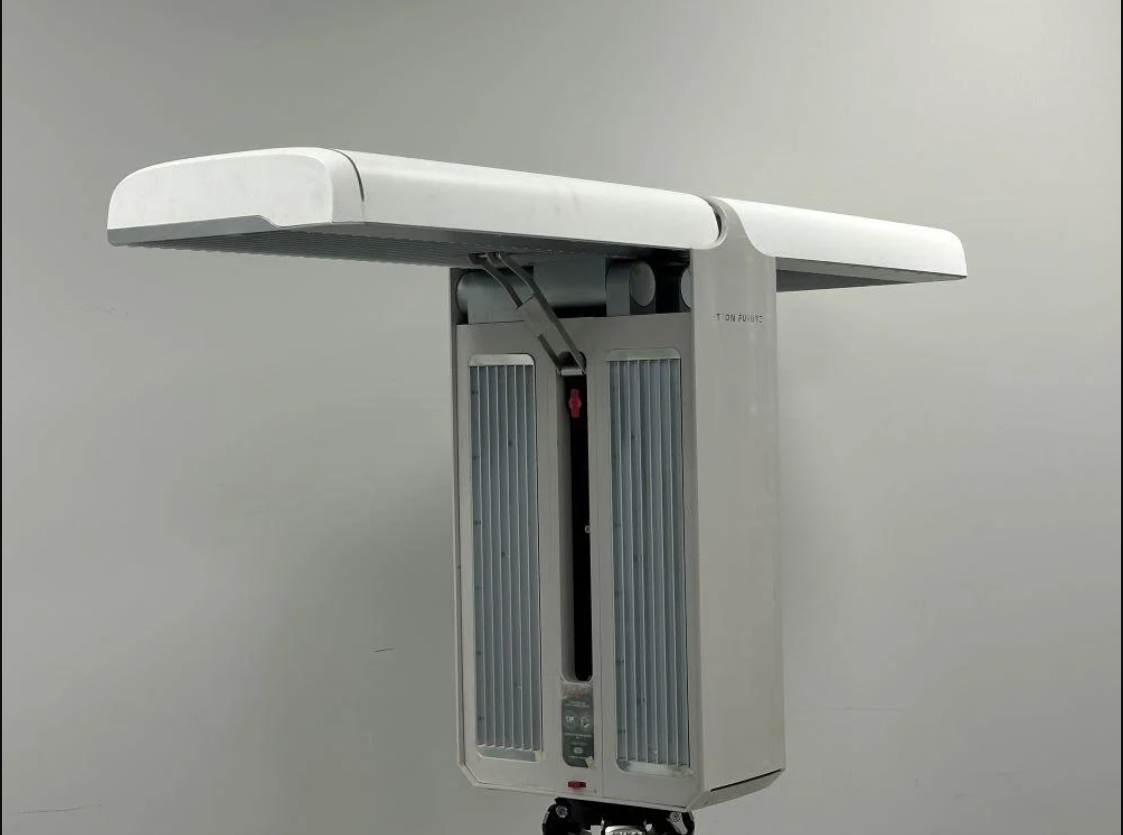Click here for the full article
Tron Future Tech, one of the first Taiwanese defense technology startups, sees burgeoning demand for its counter-unmanned aircraft systems (C-UAS) products in the global market. The company has a growing base of customers and partners in East Asia, Europe and the Middle East, CEO Yu-Jiu Wang said during an interview with Aviation Week at Tron Future’s headquarters in Hsinchu, Taiwan.
While Taiwan is home to many technology startups, few focus on defense. A key reason for that is an historic reluctance to involve private-sector firms in the state-dominated defense industry.
“President Tsai [Taiwan’s president from 2016-2024] tried to liberalize the defense sector but faced a lot of internal opposition from vested interests,” Wang says. Relentless military pressure from the People’s Republic of China has been a catalyst for change. Beginning in 2020, the People’s Liberation Army sharply increased its incursions into the airspace and waters near Taiwan. Taiwan’s inability to counter the deployment of Chinese drones near its outlying Kinmen archipelago—which is less than 2 mi. from China’s Fujian Province—was an inflection point.
After video footage emerged in September 2022 showing Taiwanese soldiers stationed on Kinmen throwing rocks at a Chinese drone, the Taiwanese government realized it needed to develop anti-drone systems, Wang says. Looking ahead, Tron Future Tech wants to focus more on the U.S. market. It currently co-develops chips, radar components and modules with American defense contractors.
Wang says he is open to the possibility of establishing a production facility in the U.S., and while the Trump administration’s tariffs are one factor in the decision, they are not the primary one. “Tariffs are not a big concern for us, because most of our international sales are outside the U.S.,” he explains. At the same time, the Taiwanese defense tech firm wants to have manufacturing capabilities outside of Taiwan for security reasons. “In the event there is a conflict with China one day, we need to be able to continue production,” Wang says.
